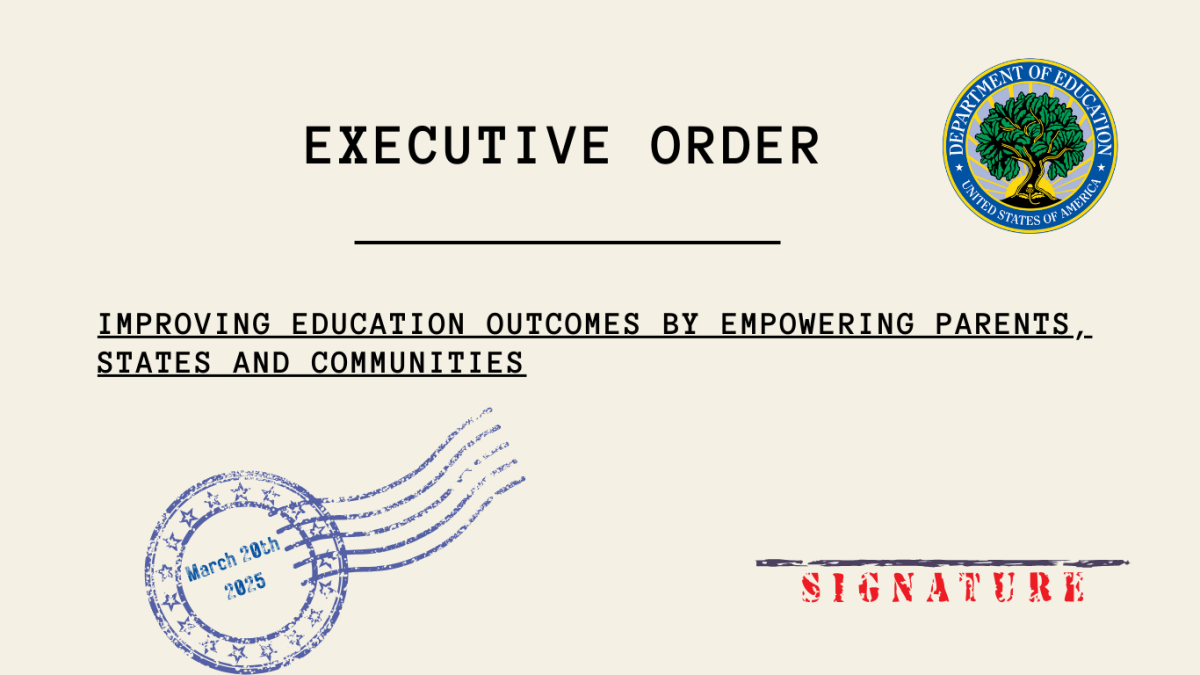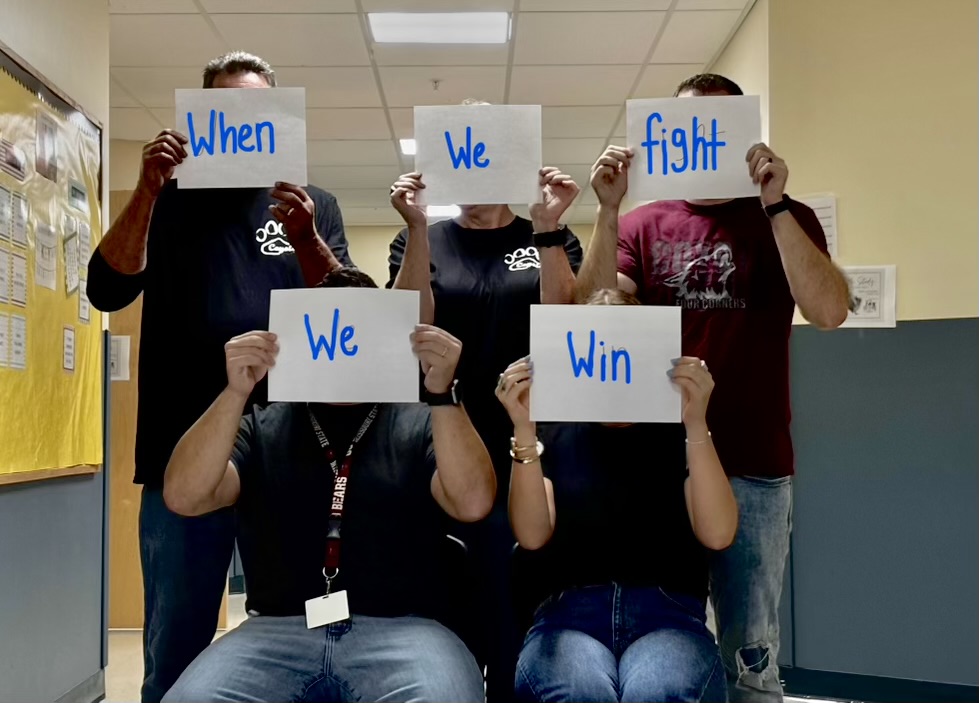This November Floridians found six proposed constitutional amendments on the 2024 ballot, however, only two will be added to Florida’s Constitution.
Florida requires 60% of the votes in favor of the amendment for it to be passed and therefore added to the state’s constitution. This year, Amendments 2 and 5 were approved by Florida voters.
Amendment 2 passed with 67.3% of votes in favor of its passing. This amendment addresses a citizen’s right to hunt and fish and its role as a “preferred means” to control fish and wildlife.
The proposal reads, “Proposing an amendment to the State Constitution to preserve forever fishing and hunting, including by the use of traditional methods, as a public right and preferred means of responsibly managing and controlling fish and wildlife. Specifies that the amendment does not limit the authority granted to the Fish and Wildlife Conservation Commission under Section 9 of Article IV of the State Constitution.”
Although Amendment 2 aims to preserve a resident’s right to hunt and fish, Florida laws such as Chapter 379 Section 353 already allow residents to take part in hunting and fishing with the requirement of a permit or a license. This new amendment does not change a resident’s need for a license or permit to perform such activities but rather it establishes hunting and fishing as a way to manage fish and wildlife.
As the amendment proclaims hunting and fishing as the favored ways to manage wildlife, some questions arise. For instance, how is a fellow fisherman going to know how to “responsibly” manage the fish population? Previously, the Fish and Wildlife Conservation Commission (FFWCC) , was responsible for managing these populations and informing the hunters and fishermen of their findings.
One of the most pressing concerns regarding Amendment 2 is the declaration of fishing and hunting as a public right given that it opens doors to disregard seasons. These seasons are set to manage wildlife while ensuring animals are not hunted during breeding or when they are most vulnerable. As of now, these seasons are established by the Florida Fish and Wildlife Conservation Commission whose authority will not be diminished by the implementation of Amendment 2.
Overall, Amendment 2 seems unthreatening once it assures the authority of the FFWCC, yet the vagueness of the proposal leaves room for questions and stipulations as to how it will affect Florida’s environment and wildlife.
Next up on the approved list is Amendment 5 which passed with 66% of “yes” votes. Amendment five addresses an adjustment on property tax exemption according to inflation.
The ballot reads, “Proposing an amendment to the State Constitution to require an annual adjustment for inflation to the value of current or future homestead exemptions that apply solely to levies other than school district levies and for which every person who has legal or equitable title to real estate and maintains thereon the permanent residence of the owner or another person legally or naturally dependent upon the owner is eligible. This amendment takes effect January 1, 2025.”
Every year homeowners pay property taxes, if the property is their main residence they receive an exemption according to the estimated value of the house. However, the current tax exemption does not take into account inflation. As every other price goes up so does the price of the house, which increases the amount of money homeowners would be paying in property taxes. With Amendment 5 exemptions would increase or decrease according to inflation, which means if the house prices go up so will the exemptions.
A concern brought up by this amendment is the elimination of automatic tax increases going toward local governments. This means the adjustment in exemptions would possibly hold off money that might go toward government organizations, schools, hospitals, and more. Utah is one of the few other states that adjust tax exemptions; the Utah House of Representatives has reported issues with government funding to assist K-12 education, childcare, and healthcare. According to the Center for Western Priorities, “Utah has Consistently Lowered Property and Income Taxes at the Expense of K-12 Education”. The concern that Florida might go down the same path and suffer from a lack of government funding is reasonable due to the instance in other states however, the amendment brings other benefits to property owners in Florida.
Although the effects of Amendment 5 may benefit homeowners as it relieves their taxes by adjusting for inflation, the initiative will possibly cause a downfall in government funding which ultimately affects the state as a whole, rather than just property owners.
Among the proposed amendments that were not passed, were Amendment 1 which requires partisan elections for school boards; Amendment 3 which would legalize recreational Marijuana for people 21-years or older; Amendment 4, which would prohibit laws that restrict, penalize, or delay abortions; and lastly Amendment 6, which repeals public election financing.









